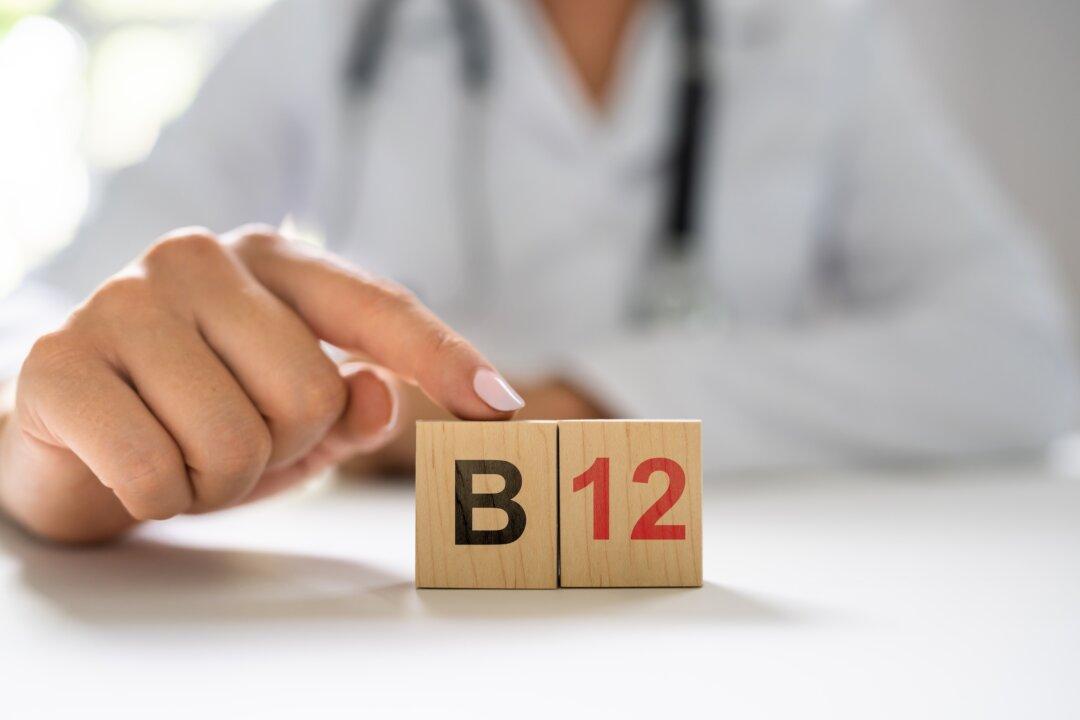The translation of emotions to physiology is becoming less “woo woo” and more scientifically validated. A landmark study of women with breast cancer was recently published that provides even more evidence of the power of emotions on disease outcomes.
In the study, researchers measured markers of inflammation called cytokines and correlated them with people’s emotional states. Cytokines are potent signaling proteins that direct cells to act in certain ways. This study focused on pro-inflammatory cytokines such as tumor necrosis factor (TNF)-alpha, IL-6, IL-8, IL-10, and IL-18.






